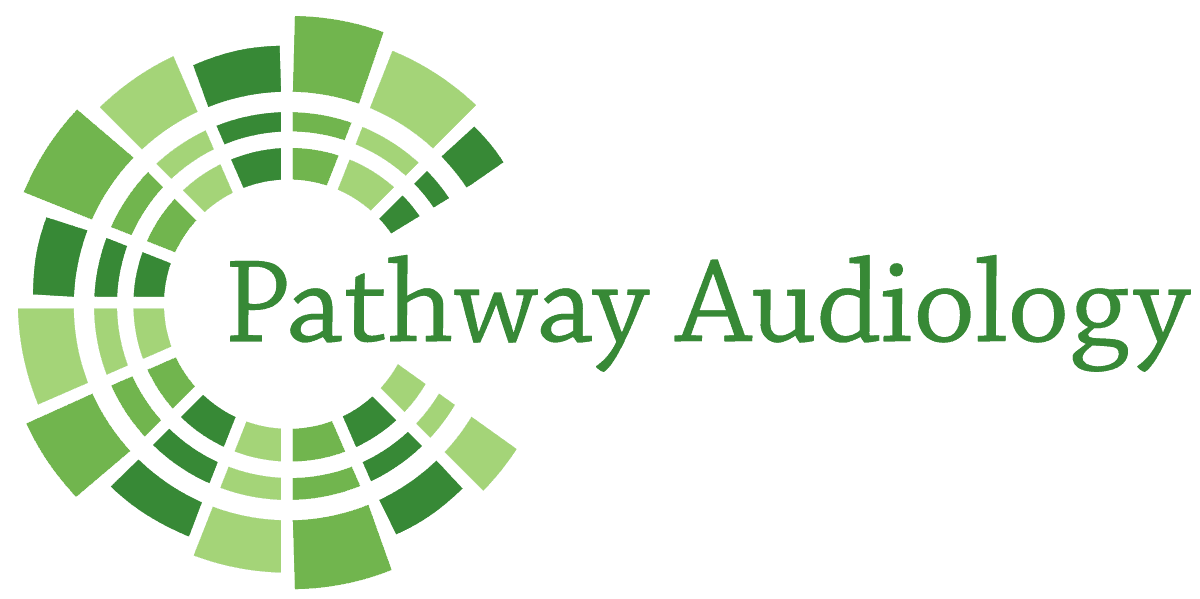Hearing loss is a common condition affecting millions of people worldwide. It can result from
aging, noise exposure, illness or genetics. At Pathway Audiology our audiologists understand how important hearing is to stay connected. We offer personalized care to assess and address your hearing needs, helping you find solutions that fit your lifestyle. Whether you’re noticing early signs of hearing loss or need ongoing support, our goal is to improve your hearing and enhance your quality of life.
Types Of Hearing Loss
At Pathway Audiology, our audiologists carefully diagnose the type of hearing loss each patient is experiencing. This process helps to accurately determine if the loss is conductive, sensorineural or mixed.
Conductive hearing loss occurs when sound can’t effectively travel through the outer or middle ear. Conductive hearing loss can frequently be treated with medical interventions. Sensorineural is the most common form of hearing loss. It is caused by damage to the inner ear or the auditory nerve. Sensorineural is usually permanent and can result from aging, noise exposure or conditions like Meniere’s disease. Hearing aids are common treatments for sensorineural hearing loss. Mixed hearing loss involves a combination of conductive and sensorineural hearing loss.
Impacts Of Untreated Hearing Loss
Addressing hearing loss early is important for overall well-being. When hearing loss is untreated, it can impact your ability to engage in conversations, which may affect emotional, social and cognitive health. However, by seeking treatment, individuals can enhance their quality of life and maintain their independence, fostering stronger connections with others. Pathway Audiology emphasizes the value of timely intervention to support your hearing health and ensure a fulfilling social life.
Cognitive Decline
Patients with untreated hearing loss are more likely to experience cognitive decline, including memory issues, reduced attention span and a risk of developing dementia. This connection is believed to arise because the brain has to work harder to process auditory information, leaving fewer cognitive resources available for other functions. Hearing aids or other interventions can help preserve cognitive function by providing the brain with the auditory stimulation it needs.
Benefits of Wearing a Hearing Aid
Seeking help for hearing loss is an important step in improving your ability to hear and enjoy everyday sounds. Modern hearing aids are designed to amplify sound, making it easier to hear in different settings. By enhancing auditory input, hearing aids can assist individuals in communicating more effectively.
Some of the key benefits of wearing a hearing aid include improved communication, increased safety and enhanced emotional well-being. At Pathway Audiology, we offer a wide range of hearing aids, from discreet in-the-ear models to powerful behind-the-ear devices. With a short consultation, patients will find a solution that fits their lifestyle and preferences.
